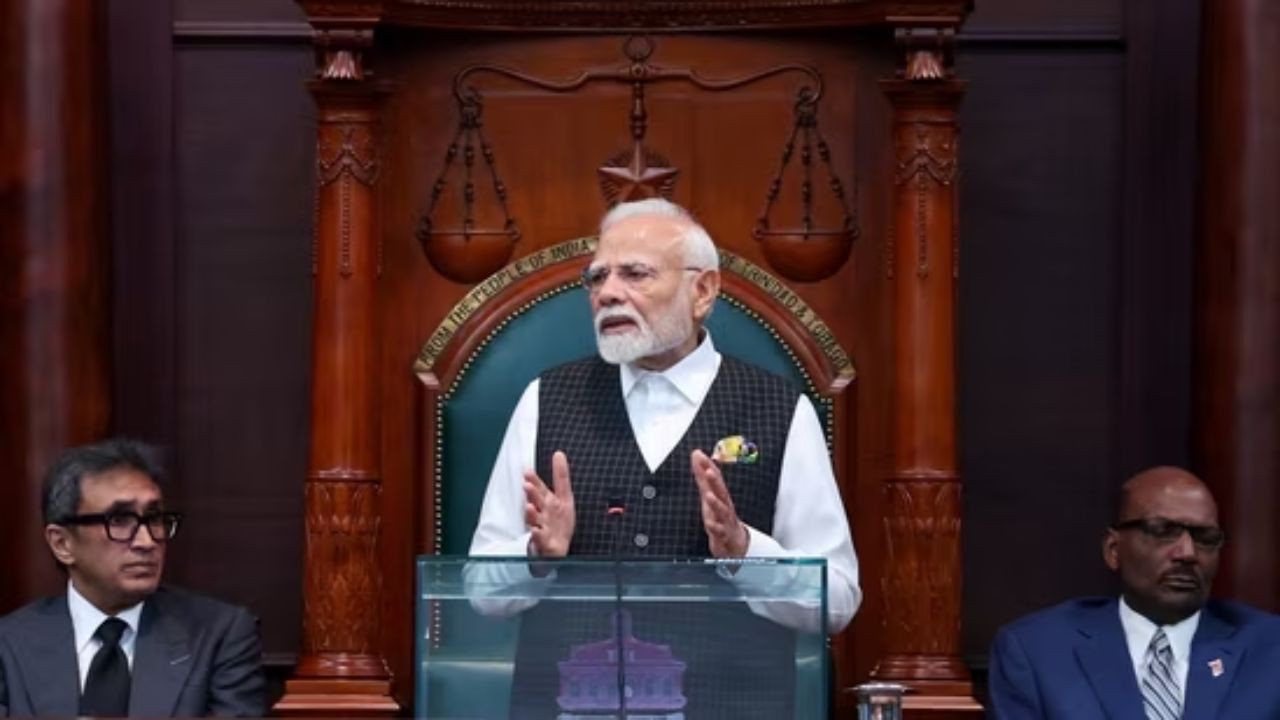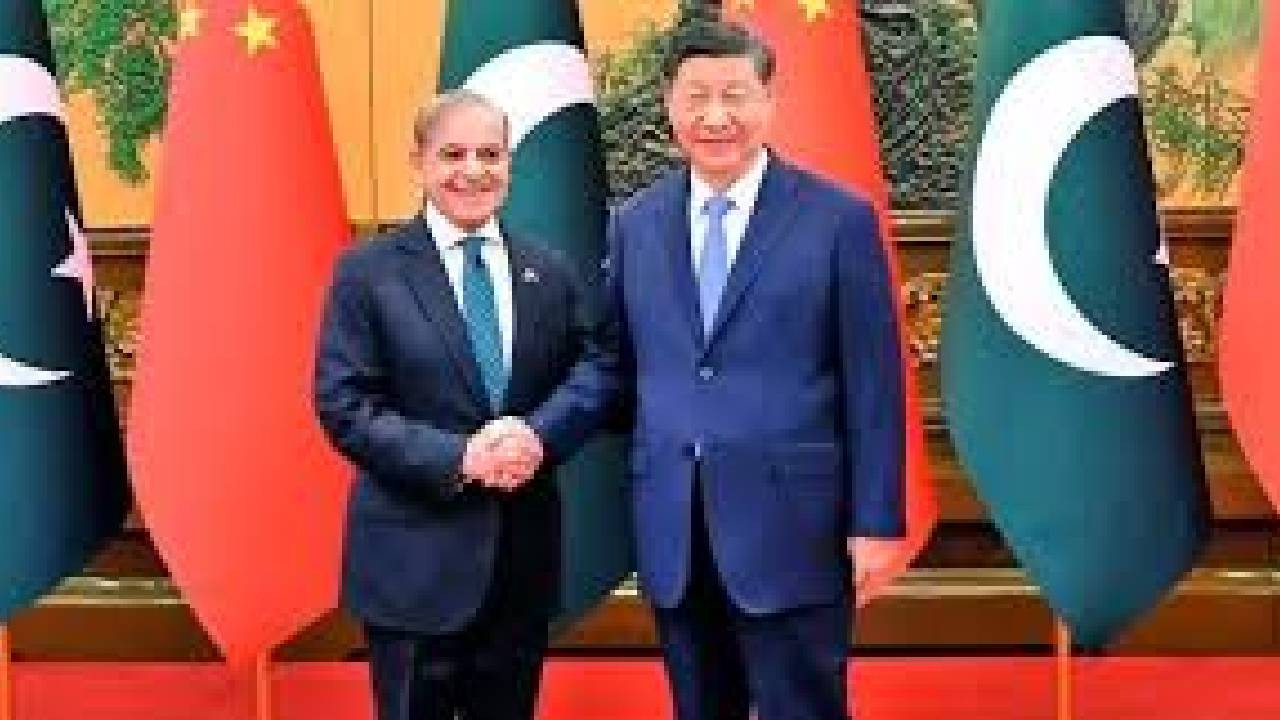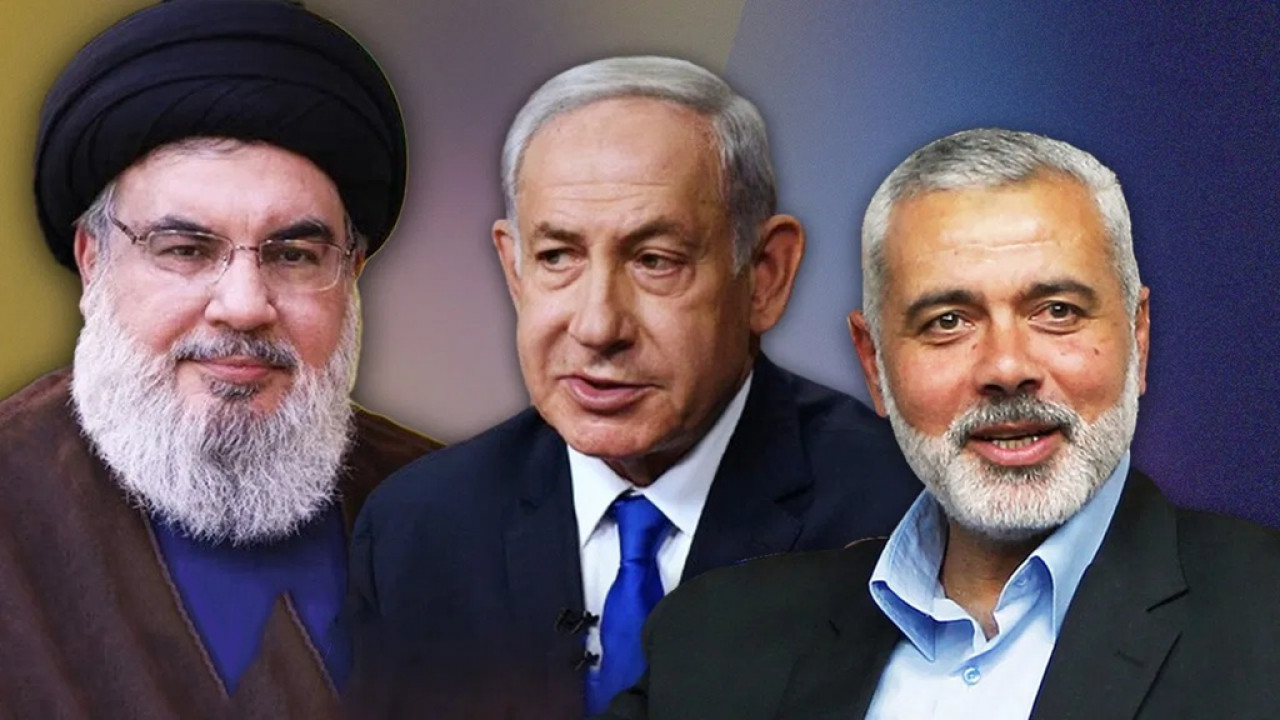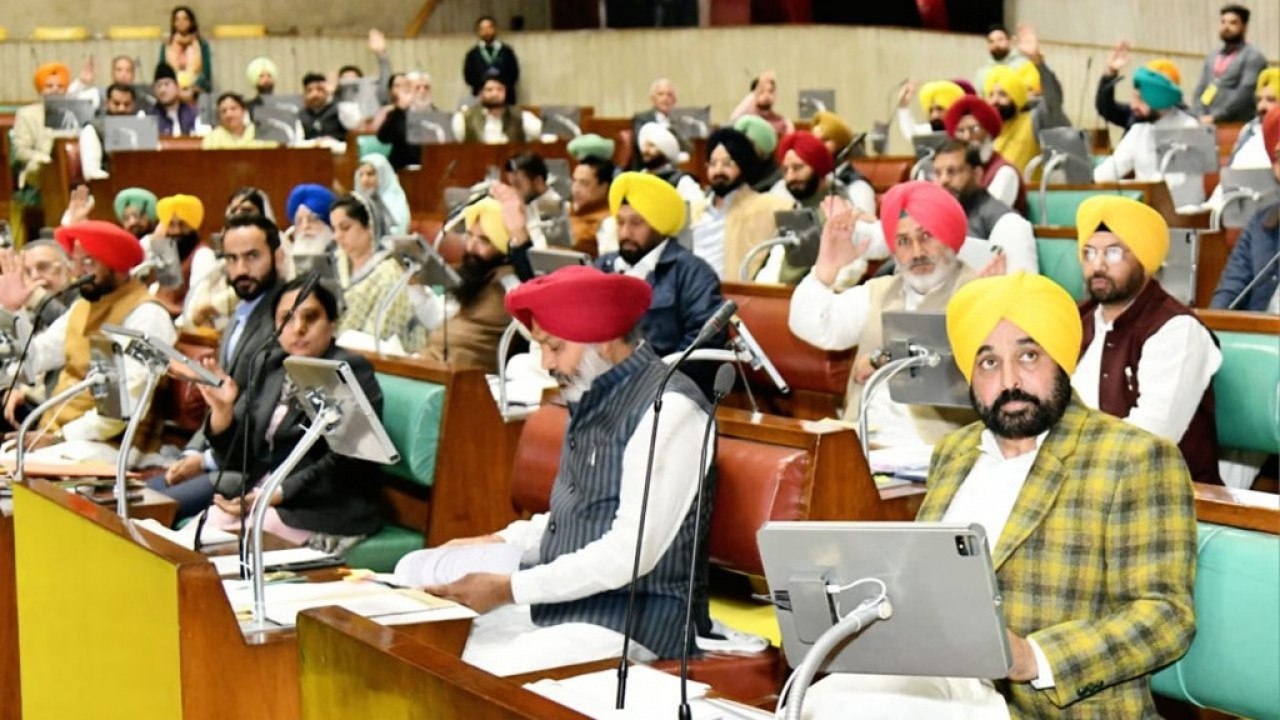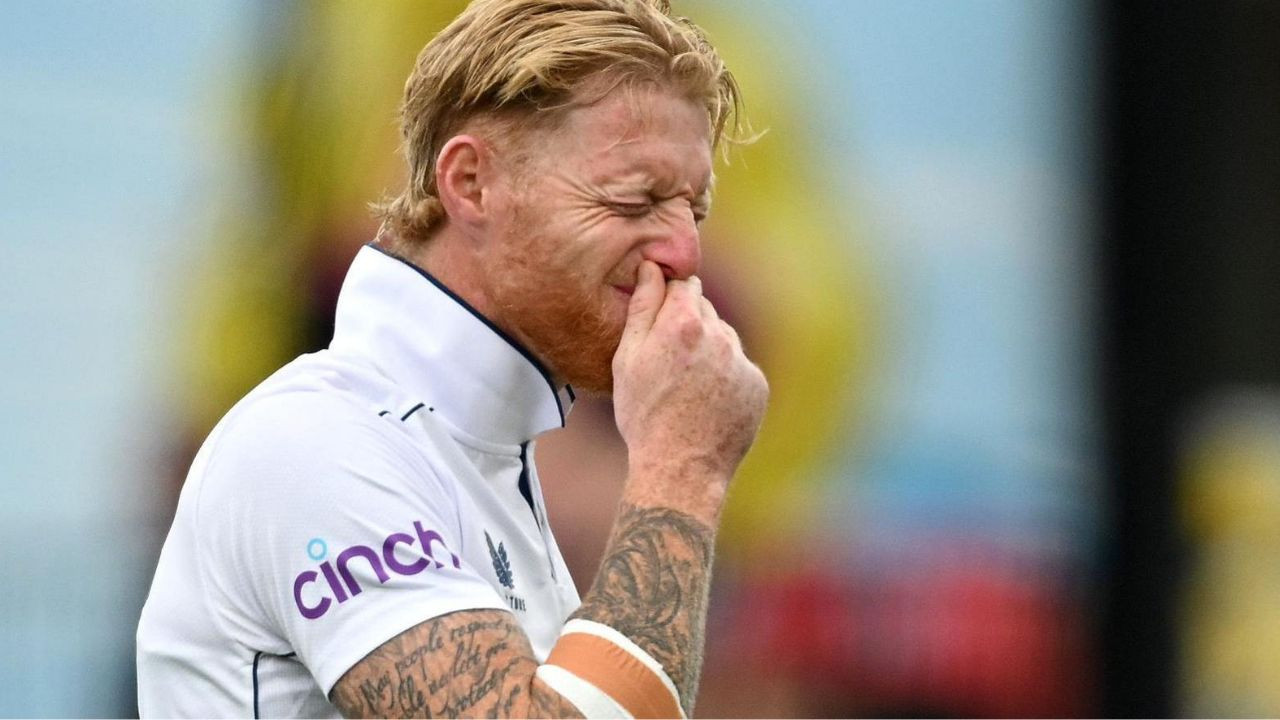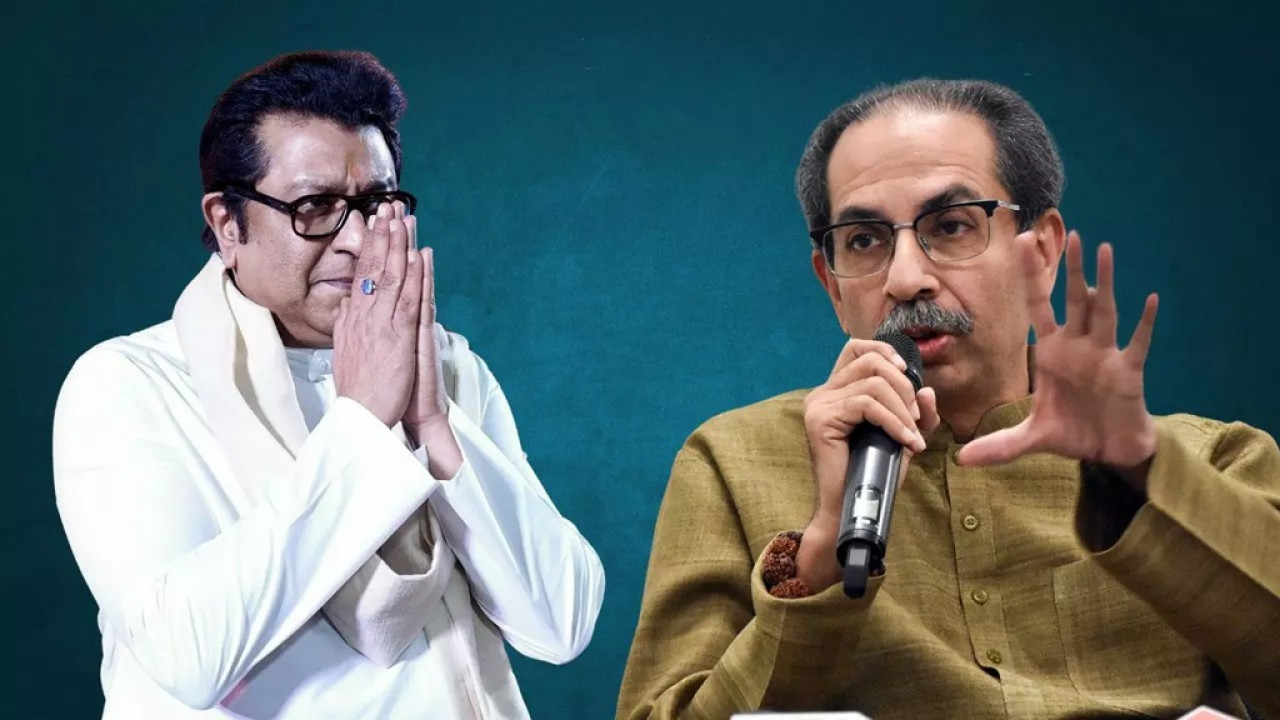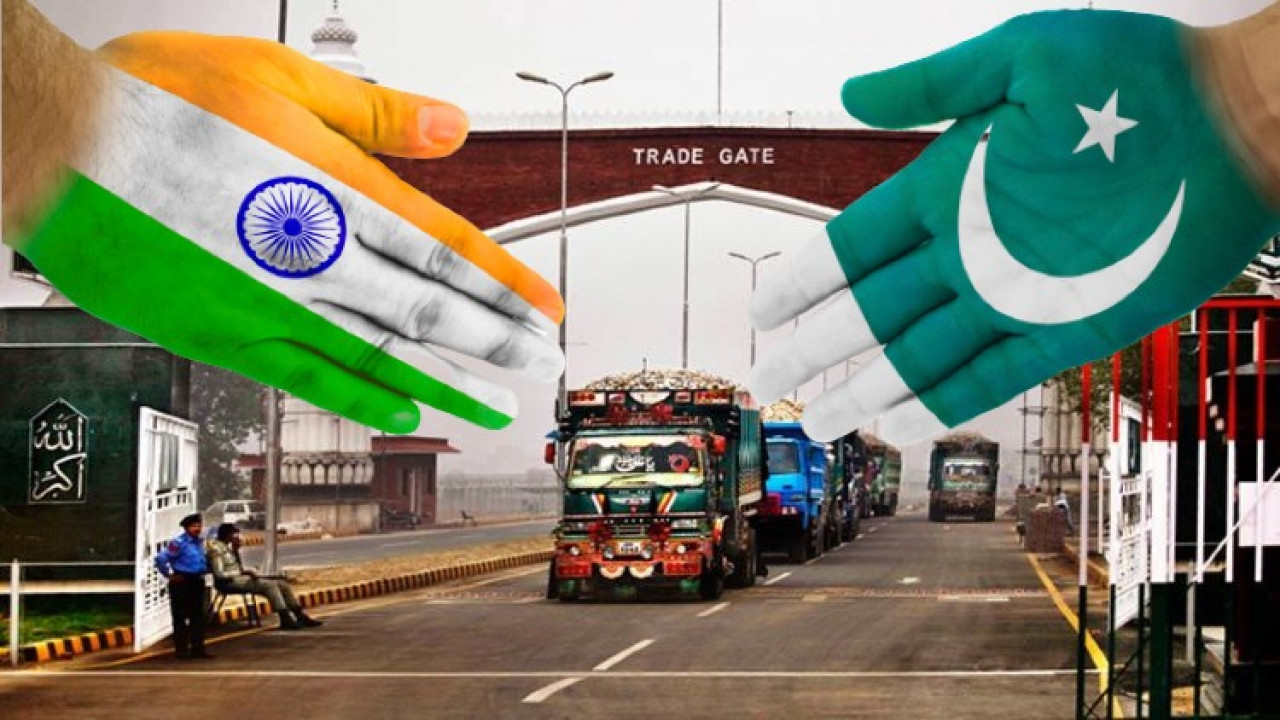International News: Chinese President Xi Jinping has not appeared in public for over two weeks. No official photos or records of his attendance at key meetings or events have surfaced during this period, sparking a flurry of speculation about a possible power transition within China’s tightly controlled political system.
Concerns deepened when reports confirmed that Xi would not attend the upcoming BRICS summit in Brazil—the first such absence during his presidency from a major global platform. This development has intensified international curiosity and triggered conversations about who could potentially succeed him if a leadership change does occur.
Who Could Replace Xi?
While Chinese political operations remain shrouded in secrecy, several high-ranking officials are emerging as potential successors to Xi in his unexplained absence:
1. General Zhang Youxia—The Military Strongman
General Zhang serves as the First Vice Chairman of the Central Military Commission, making him the highest-ranking military official after Xi. Backed by factions close to former President Hu Jintao, Zhang is believed to be quietly consolidating his influence, especially during Xi’s silence. His military credentials and longstanding ties to the armed forces make him a significant contender.
2. Li Qiang—The Prime Minister and Xi's Loyalist
Appointed by Xi in 2023, Li Qiang is China's current Premier and a long-time confidant of the President. His role during Shanghai’s strict COVID-19 lockdown and his high-profile appearances at forums like the G20 Summit signal his rising political stature. As head of the State Council, Li oversees economic policy, positioning him as the second most powerful man in the Chinese government.
3. Ding Xuexiang—The Operator Behind the Curtain
Former Chief of Staff to Xi Jinping, Ding Xuexiang has risen rapidly without holding any provincial leadership role—a rare phenomenon in Chinese politics. His proximity to Xi and control over key policy coordination mechanisms make him a central figure in Beijing’s inner circle. If loyalty is the deciding factor, Ding may have a clear edge.
4. Wang Huning—The Ideological Architect
Currently serving as Chairman of the Chinese People's Political Consultative Conference, Wang Huning has advised three successive presidents and is seen as the party's principal theorist. Though he lacks administrative experience, his ideological influence makes him a powerful "kingmaker," if not the next leader himself.
5. Zhao Leji—The Institutional Face of Reform
Once the head of the anti-corruption campaign, Zhao Leji now chairs the National People's Congress. He is a senior member of the Politburo Standing Committee, giving him significant legislative authority. Zhao’s experience in enforcing party discipline and navigating legal structures makes him a candidate suited for a stability-oriented transition.
6. Li Hongzhong—The Loyal Party Man
Li Hongzhong, Vice Chairman of the National People’s Congress, has climbed the party ranks through regional governance. Though not well-known internationally, his loyalty to Xi and strong presence within the party framework position him as a potential dark horse in the succession race.
What Does This Mean for India?
Xi Jinping’s sudden political invisibility and the emergence of military figures like General Zhang in succession conversations suggest potential internal unrest within China. For India, this could signal increased border tensions or strategic distractions, particularly as China's leadership might seek to divert domestic attention through external confrontation.
Is the Xi Era Coming to an End?
Despite China’s intense censorship, the surfacing of such reports has raised eyebrows globally. Whether Xi reappears soon or whether the reins of power are quietly shifting, the coming weeks could mark a turning point in modern Chinese political history.




